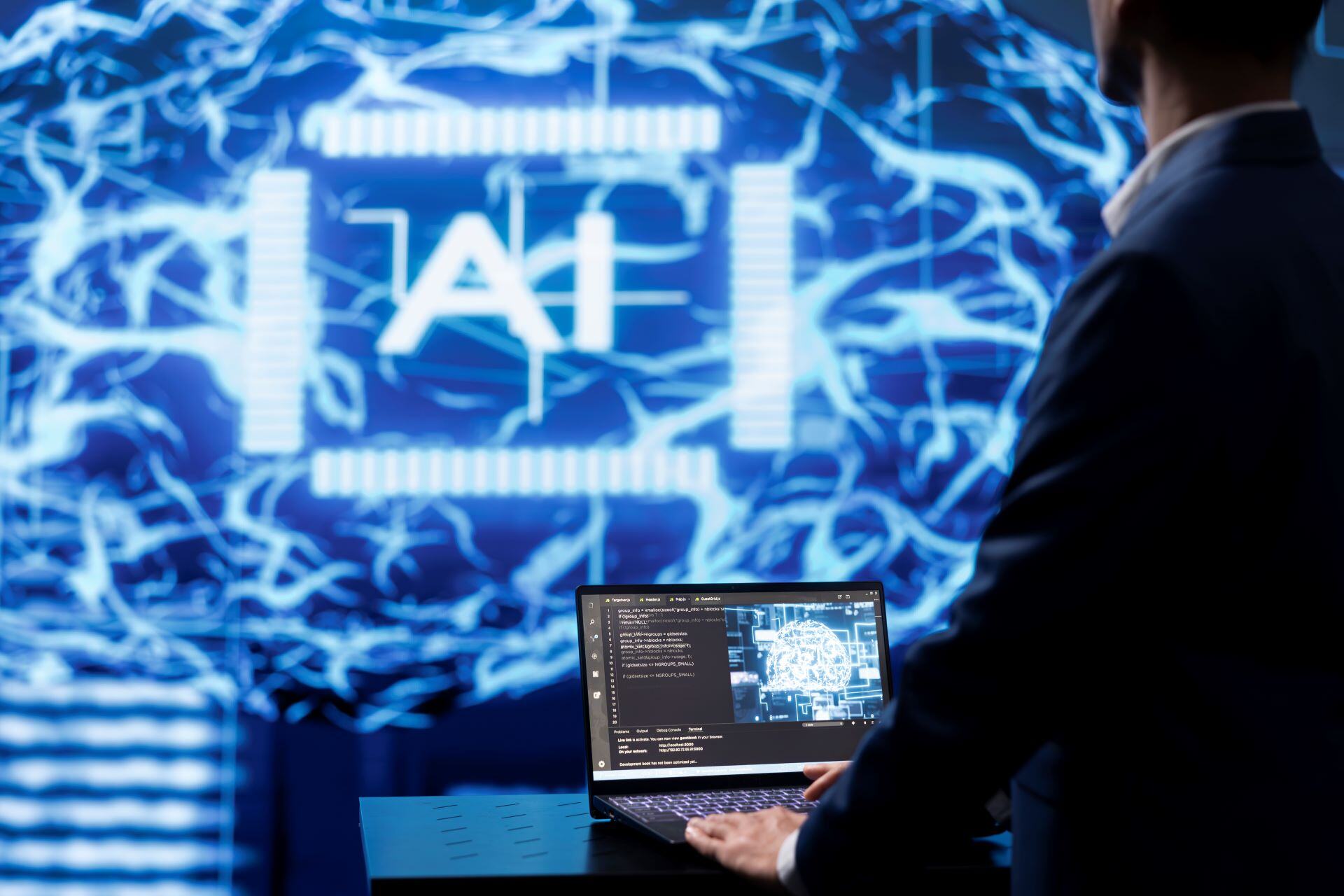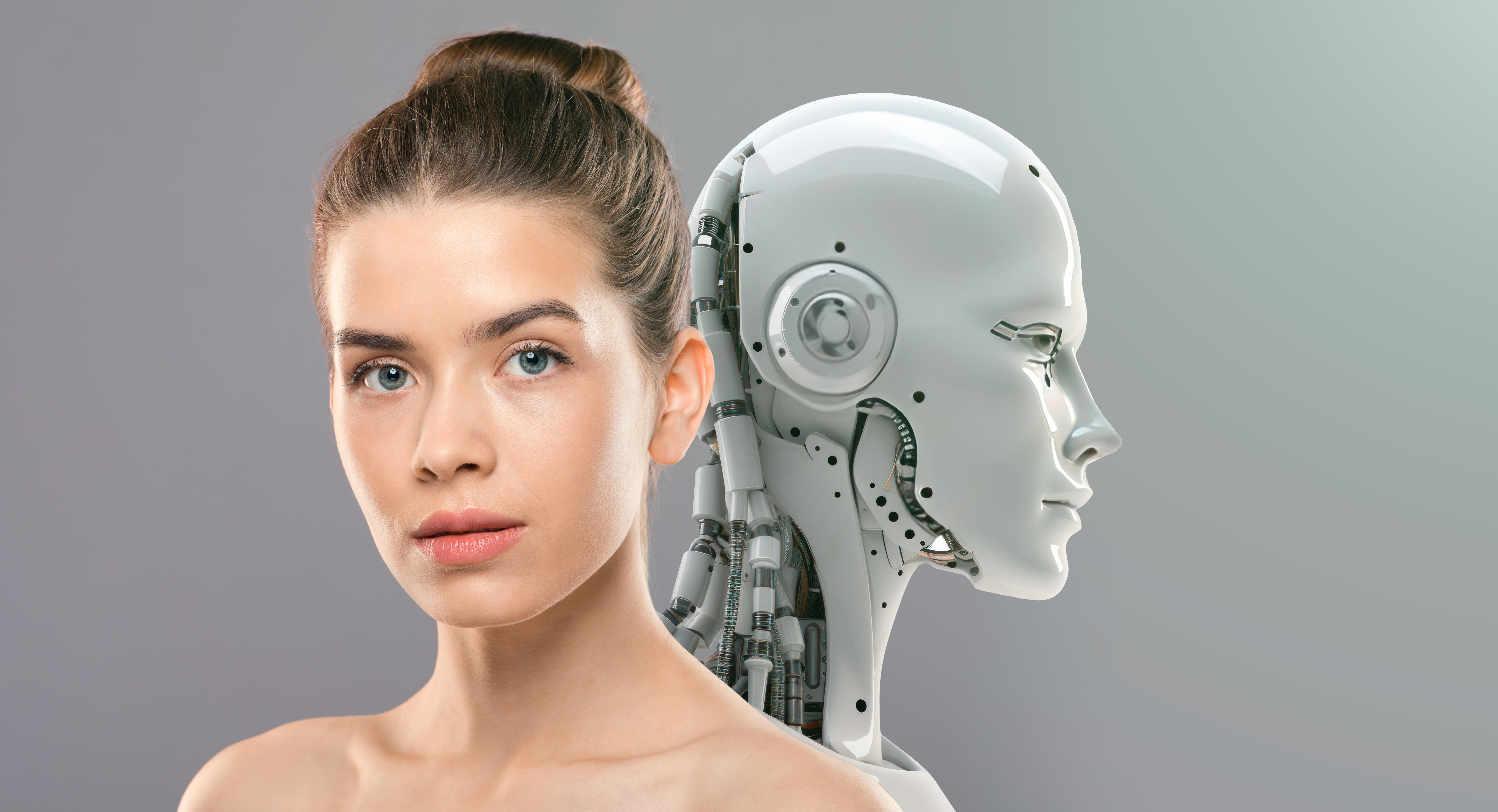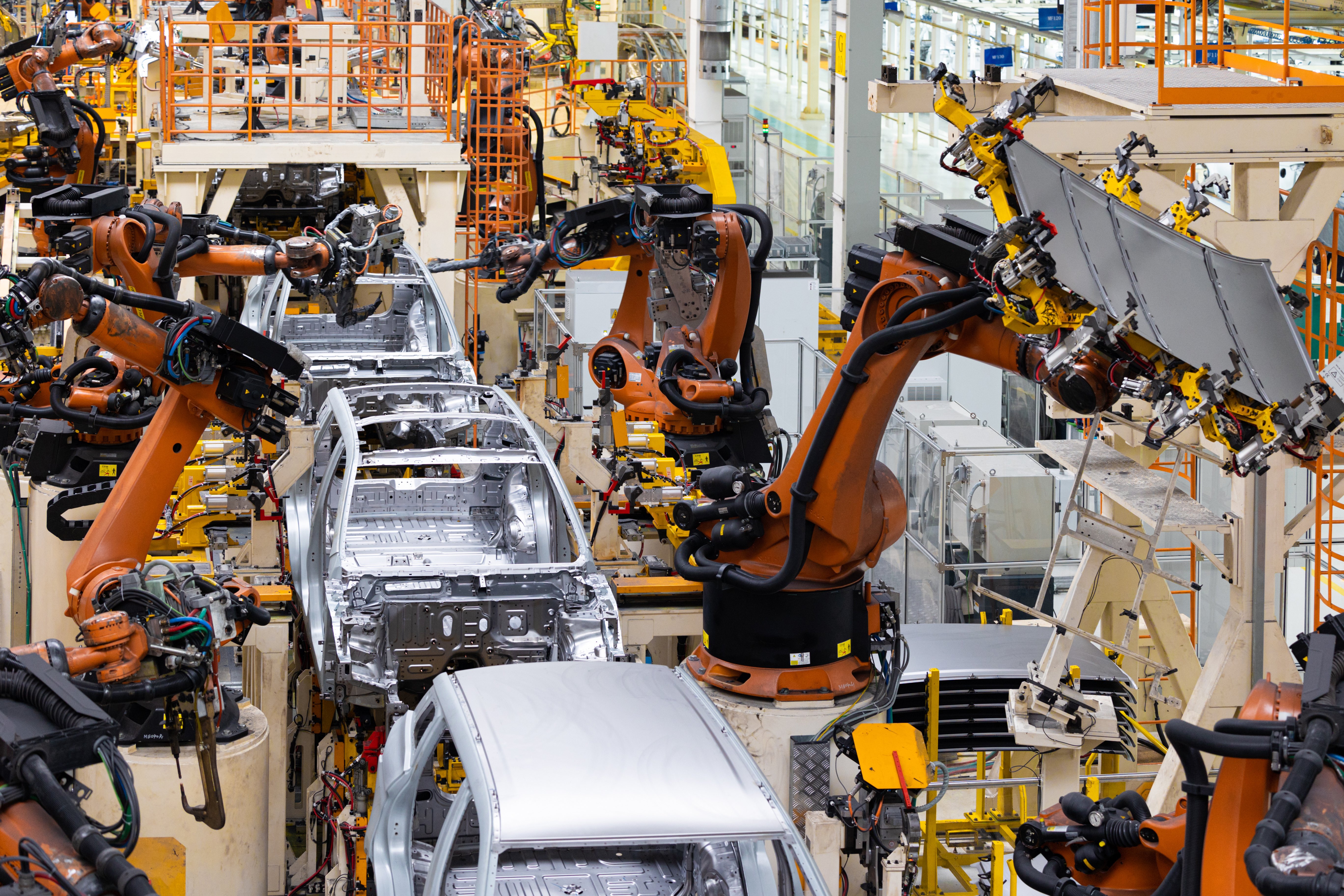The AI Impact on Staffing 2024-2025

Post Categories
Robert Espinoza
The staffing industry is poised to undergo significant transformation due to the emergence of AI. Here’s an analysis and prediction of how AI might impact the future of the staffing business
Current Impact of AI on Staffing
-
Automation of Administrative Tasks: AI is already streamlining repetitive administrative tasks such as resume screening, interview scheduling, and onboarding. This allows staffing agencies to focus more on strategic tasks like building relationships with clients and candidates.
-
Enhanced Matching Algorithms: AI-driven algorithms improve the matching process by analyzing vast amounts of data to find the best candidate-job fit. This increases the efficiency and accuracy of placements.
-
Predictive Analytics: AI helps predict hiring trends, employee turnover, and the future demand for specific skill sets. This allows staffing agencies to proactively build talent pools and anticipate client needs.
-
Chatbots and Virtual Assistants: AI-powered chatbots are enhancing candidate engagement by providing instant responses to inquiries and guiding candidates through the application process.
Predicted Future Trends
-
Increased Efficiency and Cost Reduction: AI will continue to reduce the time and cost associated with the hiring process. Automated candidate sourcing, initial screening, and even preliminary interviews can drastically cut down the workload of human recruiters.
-
Skill Assessment and Development: AI tools for skill assessment will become more sophisticated, allowing for more accurate evaluations of candidate capabilities. Additionally, AI-driven personalized learning paths will help upskill candidates to meet market demands.
-
Enhanced Candidate Experience: The candidate experience will improve as AI can provide personalized feedback and career advice, creating a more engaging and supportive application process.
-
Diversity and Inclusion: AI can help eliminate human biases in the hiring process by focusing on objective data points rather than subjective judgments, promoting a more diverse and inclusive workforce.
-
Human-AI Collaboration: Rather than replacing human recruiters, AI will augment their capabilities. Recruiters will focus on relationship-building, strategic decision-making, and handling complex cases, while AI manages routine tasks.
-
Gig Economy and Freelancing: AI platforms that match freelancers with projects will become more prevalent, supporting the growing gig economy. These platforms can efficiently match short-term projects with highly specialized skills.
Challenges and Considerations
-
Bias in AI Systems: There is a risk that AI systems may perpetuate existing biases if not properly designed and monitored. Ensuring fairness and transparency in AI algorithms is crucial.
-
Data Privacy: Handling large amounts of candidate data raises concerns about privacy and security. Compliance with data protection regulations will be essential.
-
Job Displacement: While AI will create new roles and opportunities, it may also displace certain jobs within the staffing industry. Continuous learning and adaptation will be necessary for the workforce.
-
Trust and Adoption: The trust and acceptance of AI by both recruiters and candidates will be essential for its successful integration. This requires transparency in how AI decisions are made and communicated.
Conclusion
The future of the staffing industry in the face of AI emergence is bright, with opportunities for increased efficiency, better matching, and enhanced candidate experiences. However, it also presents challenges that need to be addressed to ensure ethical and effective use of AI. Staffing agencies that embrace AI and invest in human-AI collaboration will likely lead the market, providing superior service to both clients and candidates.


